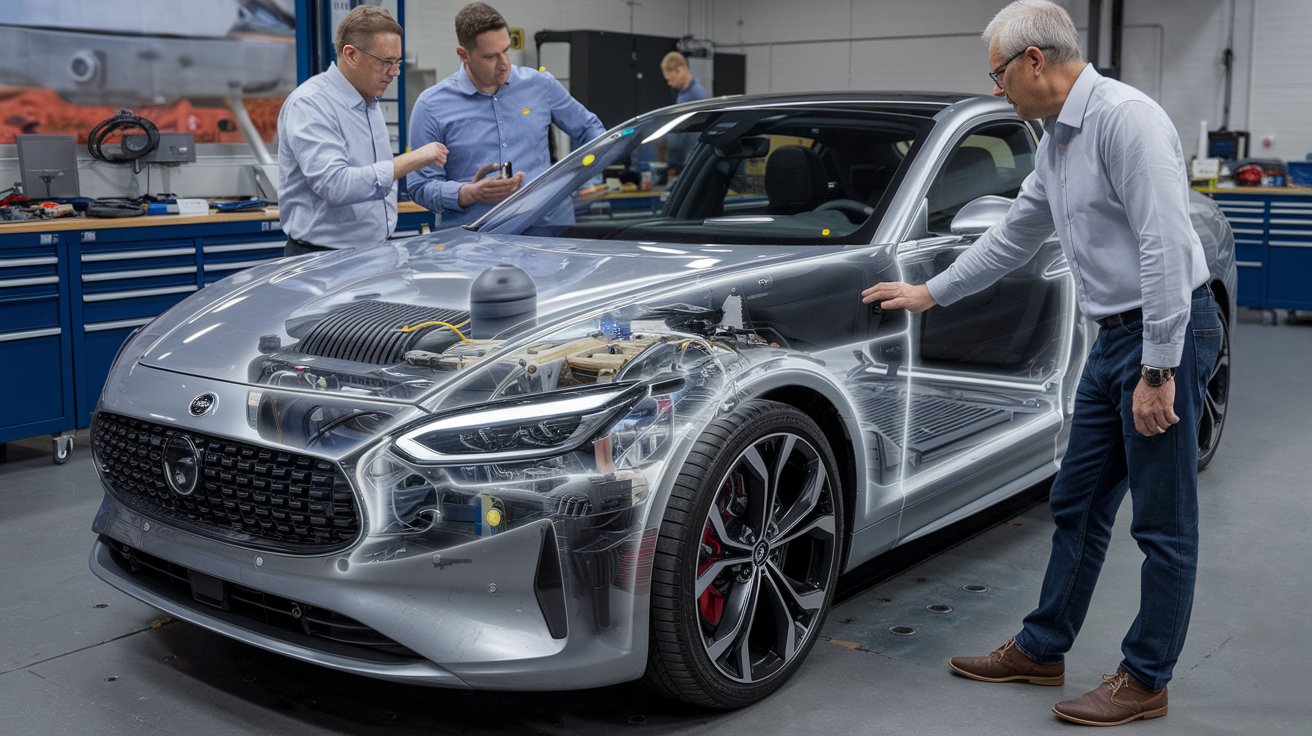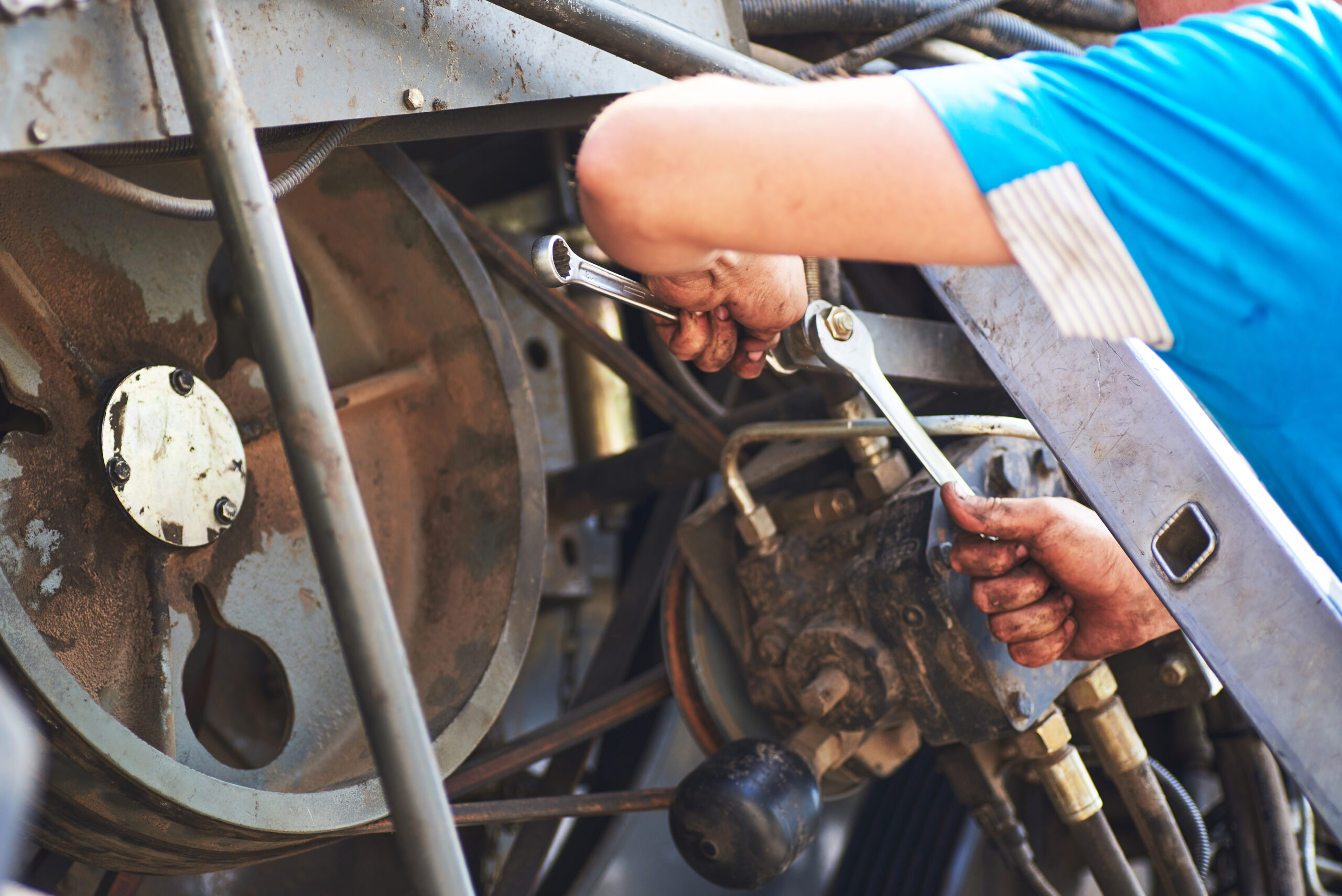The automotive industry is rapidly evolving due to advancements in technology and changing consumer preferences. Mechanical engineers play an essential part in designing and developing vehicles. Their contributions are vital for ensuring that cars are efficient, safe, functional, and environmentally friendly. Mechanical engineering solutions provide the necessary framework to tackle the various challenges that arise in car design.
Mechanical engineers are responsible for a wide range of tasks in modern vehicle development. Their roles encompass concept development, material selection, structural analysis, and the integration of complex systems. As the industry shifts towards electric and autonomous vehicles, the demand for innovative engineering solutions has become even more pronounced. Mechanical engineers are tasked with creating new propulsion systems and advanced safety features that comply with stringent regulatory standards.
Importance of Collaboration in Car Design
Collaboration among different engineering disciplines is crucial for successful car design. Mechanical engineers frequently work alongside electrical engineers, software developers, and industrial designers to create integrated automotive systems. This collaborative approach ensures that every vehicle component functions harmoniously, which enhances both performance and user experience.
From the early stages of a mechanical project, engineers engage in discussions about design feasibility and performance expectations. Encouraging a team-oriented atmosphere enables manufacturers to harness a wide range of expertise, leading to innovative outcomes that meet market needs. This teamwork is vital for creating vehicles that comply with regulations and surpass consumer expectations while pushing the limits of design and technology.
Emphasis on Sustainability in Automotive Engineering
Sustainability has become a key focus in the automobile sector as it strives to reduce its environmental impact. Mechanical engineers play a pivotal role in developing sustainable vehicle designs that utilize eco-friendly materials and energy sources. By incorporating lightweight materials like advanced composites and high-strength steel, they can improve fuel efficiency while maintaining safety and performance.
Additionally, mechanical engineering solutions are increasingly integrating electric and hybrid technologies into conventional vehicle designs. This shift helps lower emissions and meets the growing consumer demand for eco-friendly options. By prioritizing sustainability throughout the design process, mechanical engineers contribute to the industry’s shift toward greener alternatives, aligning vehicle development with global sustainability objectives.
Advancements in Design Technologies
The integration of cutting-edge technologies has revolutionized the approach that mechanical engineers take in car design. Tools such as computer-aided design (CAD), simulation software, and additive manufacturing have become essential for creating innovative automotive solutions. These technologies allow engineers to visualize complex designs, conduct simulations to evaluate performance under various scenarios, and rapidly prototype components.
CAD software enables engineers to create detailed three-dimensional models that provide a comprehensive understanding of a vehicle’s systems and components. This capability enhances communication among team members and aids in effective decision-making during the design phase. Furthermore, simulation tools help predict how a vehicle will perform in real-world conditions, allowing for adjustments before physical production begins. Consequently, the design process is streamlined, reducing both time and costs associated with traditional manufacturing methods.
Focus on Safety and Reliability
Safety remains a top priority in automotive design, and mechanical engineers are instrumental in developing features that protect passengers and pedestrians alike. Through rigorous testing and analysis, they ensure that vehicles meet or exceed safety standards. This process includes evaluating crashworthiness, implementing advanced driver-assistance systems, and designing robust braking and stability control systems.
In addition to safety, mechanical engineers focus on enhancing the overall reliability of vehicles. By selecting high-quality materials and employing meticulous design practices, they create vehicles that can endure the demands of everyday use. This emphasis on reliability improves customer satisfaction and strengthens a manufacturer’s reputation in a competitive market.
Innovation in Propulsion Systems
The shift toward electric and hybrid vehicles presents new challenges and opportunities for mechanical engineers. They are tasked with designing innovative propulsion systems that deliver superior performance and efficiency. This involves developing electric drivetrains, optimizing battery placement for better weight distribution, and integrating regenerative braking systems to enhance energy use.
Mechanical engineering solutions for propulsion systems also explore alternative fuel sources like hydrogen fuel cells. Through research and development of these advanced systems, engineers contribute to decreasing reliance on fossil fuels and paving the way for a more sustainable automotive future. The innovation in mechanical engineering is crucial in driving advancements in propulsion technology, which are set to redefine the industry. This makes the contributions of mechanical engineers indispensable in this evolution.
Prototyping and Testing Processes
Once a design is finalized, mechanical engineers supervise the prototyping and testing phases to ensure that the vehicle adheres to all performance and safety benchmarks. Prototyping enables engineers to assess the functionality of individual components as well as the vehicle in its entirety. By conducting various tests, including crash tests and durability evaluations, engineers can identify potential weaknesses and make necessary refinements.
Testing also involves examining how the vehicle performs in diverse driving conditions. This thorough approach guarantees that vehicles are not only safe but also provide a high level of performance and comfort. By focusing on comprehensive testing, mechanical engineers enhance the overall quality and reliability of the final product.
Meeting Regulatory Standards
With increasing scrutiny regarding emissions and safety in the automotive sector, it is crucial for mechanical engineers to ensure that their designs meet various regulations. Staying current with the latest standards set by regulatory agencies allows engineers to adapt designs proactively, thereby avoiding costly penalties or recalls.
Engineers play a significant role in incorporating compliance measures into the design process. By addressing regulatory requirements early, they help manufacturers navigate the complex automotive legislative landscape. This expertise is vital for maintaining a competitive edge, as adherence to regulatory standards is essential for building consumer trust and preserving brand reputation.
Future Trends in Automotive Engineering
As the automotive landscape continues to evolve, mechanical engineers must remain adaptable to new trends and technologies. The rise of connected vehicles, artificial intelligence, and autonomous driving systems presents both challenges and opportunities. These advancements necessitate a multidisciplinary approach where mechanical engineers collaborate with IT specialists and data scientists to integrate smart technologies into vehicle designs.
Looking forward to 2024 and beyond, the demand for innovative mechanical engineering solutions is expected to rise. As consumers increasingly prioritize safety, sustainability, and performance, mechanical engineers will be crucial in shaping the future of automotive design. Their expertise will be key in developing vehicles that meet current market demands and lay the groundwork for future innovations in the industry.
Summary
Mechanical engineers are essential in driving progress in car design, providing vital mechanical engineering solutions that address the complexities of modern automotive projects. Their work encompasses safety features, sustainable practices, cutting-edge technologies, and regulatory compliance. By focusing on delivering complete engineering solutions, mechanical engineers play a significant role in shaping the future of the automobile industry, ensuring that vehicles are designed with excellence and reliability.










